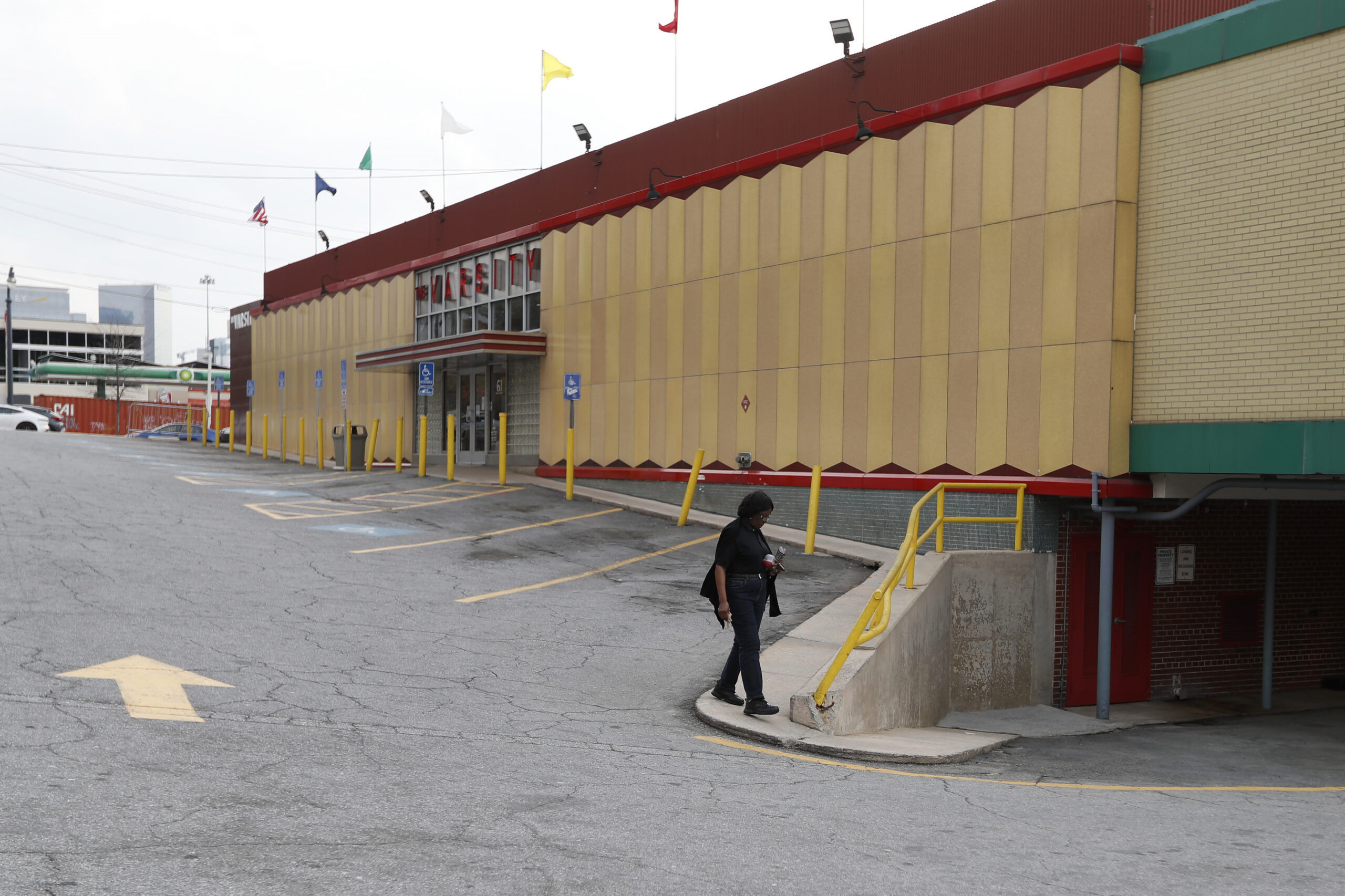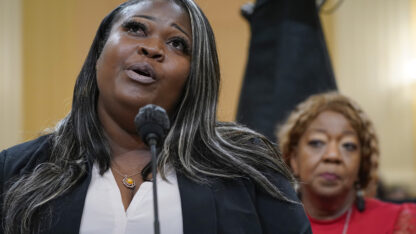Gov. Brian Kemp said on Monday that the numbers of diagnosed COVID-19 cases and visits to emergency departments are looking good enough, that restrictions in the state can start loosening up. Some businesses will be allowed to begin reopening on Friday, with more to follow on Monday.
But public health and medical experts are urging caution.
“I think there’s a lot of wishful thinking, a lot of hoping the data will move in the direction they would like it to,” said Doctor Harry Heiman, who teaches at Georgia State University’s School of Public Health.
Testing in Georgia is not where it needs to be to know if numbers are really going down, or how widespread coronavirus is here, he said.
“We’re barely keeping up with people who are symptomatic, who have respiratory symptoms, or fever, or other symptoms suggestive of coronavirus,” Heiman said. “We haven’t even begun testing people who don’t have symptoms, but have had direct contact with people who have been diagnosed with coronavirus.”
He said the state doesn’t yet have the capacity to do contact tracing on the scale it would need to, and it doesn’t have enough information on specific communities.
“We only have race and ethnicity data on about half the cases in Georgia, and that’s not enough,” he said. “Part of what public health has to do is targeted strategies to those communities most affected. And you can’t do that without accurate data around age, race, ethnicity, geography by zip code.”
Heiman said he’s especially concerned about minority communities that already have a burden from health disparities stemming from social, economic and environmental inequities, and people in rural Georgia who are disproportionately older, with high levels of chronic disease and poverty, and a rural hospital system that’s already struggling.
“I don’t think that Dougherty County is a one and done,” he said, referring to the outbreak in southwest Georgia centered in Albany. “I think there’s lots of dry tinder across the middle and southern part of our state, just waiting for more matches to be thrown.”
The governor has said that testing and contact tracing capacity will ramp up.
Still, Joshua Weitz, a quantitative biologist at the Georgia Institute of Technology, agreed that it’s too soon to begin opening the state back up.
“At the moment, I would say the governor is going too fast without the right safeguards and without the right evidence,” Weitz told WABE’s podcast, “Did You Wash Your Hands,” earlier this week.
He said the danger from COVID-19 hasn’t passed, because most people don’t have immunity to it.
“Even if cases begin to go down, if we relax safeguards, they’ll go up again,” he said.
And while there has been focus on projections of when Georgia will see its peak number of deaths caused by COVID-19, Dr. Carlos del Rio, an infectious disease expert at Emory, said that can be a distraction.
“It’s no different than saying, ‘Oh, you know, I’m going to go up Mount Everest. I got to the peak, I’m done,’” he said. “No, you still need to come down from the peak, and coming down could be just as dangerous going up.”
Del Rio said his advice is to keep social distancing, so that people don’t risk getting themselves — or their families — infected.
“Transmission is decreasing,” he said, “and that decrease in transmission is a result of social distancing.”










